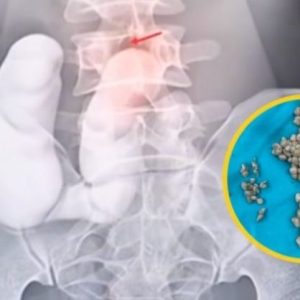
Eating boiled eggs in the morning can influence vascular health in both positive and neutral ways. The impact depends largely on your overall diet, health status, and how many eggs you include regularly.
Below is a breakdown of how boiled eggs may affect your heart and blood vessels.
How Boiled Eggs Can Support Vascular Health
1. High-Quality Protein
Boiled eggs provide complete protein, essential for maintaining muscle mass—including the heart muscle. Adequate protein also supports overall metabolic health, which indirectly benefits the vascular system.
2. Rich in Heart-Supporting Nutrients
- Choline: Helps regulate homocysteine, an amino acid linked to higher cardiovascular risk when elevated.
- Vitamin D: Plays a role in blood pressure regulation and endothelial (blood vessel lining) function.
- Selenium and Vitamin B12: Support healthy red blood cell production and circulation.
3. Satiety and Weight Management
Eggs are highly satiating, helping reduce snacking and overall calorie intake. Better weight control reduces risks of high blood pressure, atherosclerosis, and other vascular conditions.
Considerations: Cholesterol and Saturated Fat

1. Dietary Cholesterol: Less of a Concern Than Before
- One boiled egg contains about 186 mg of cholesterol (mostly in the yolk).
- Current evidence shows dietary cholesterol has little impact on blood cholesterol for most people.
- The 2020–2025 U.S. Dietary Guidelines no longer set a strict cholesterol limit, but emphasize moderation.
Exceptions: People with type 2 diabetes, familial hypercholesterolemia, or a history of cardiovascular disease may need to limit egg yolk intake. In these cases, medical guidance is advised.
2. Boiled vs. Fried Eggs

Boiled eggs are prepared without added oils or fats, avoiding the oxidized oils and extra saturated fat that can damage blood vessels. This makes boiling a healthier choice compared to frying in butter or processed oils.
Conclusion
For most people, eating one boiled egg in the morning is generally safe and may even support vascular health, especially when included as part of a balanced diet rich in fruits, vegetables, whole grains, and healthy fats.
However, individuals with preexisting cardiovascular conditions, diabetes, or high cholesterol should consult a healthcare provider or dietitian to determine the best approach to egg consumption.




